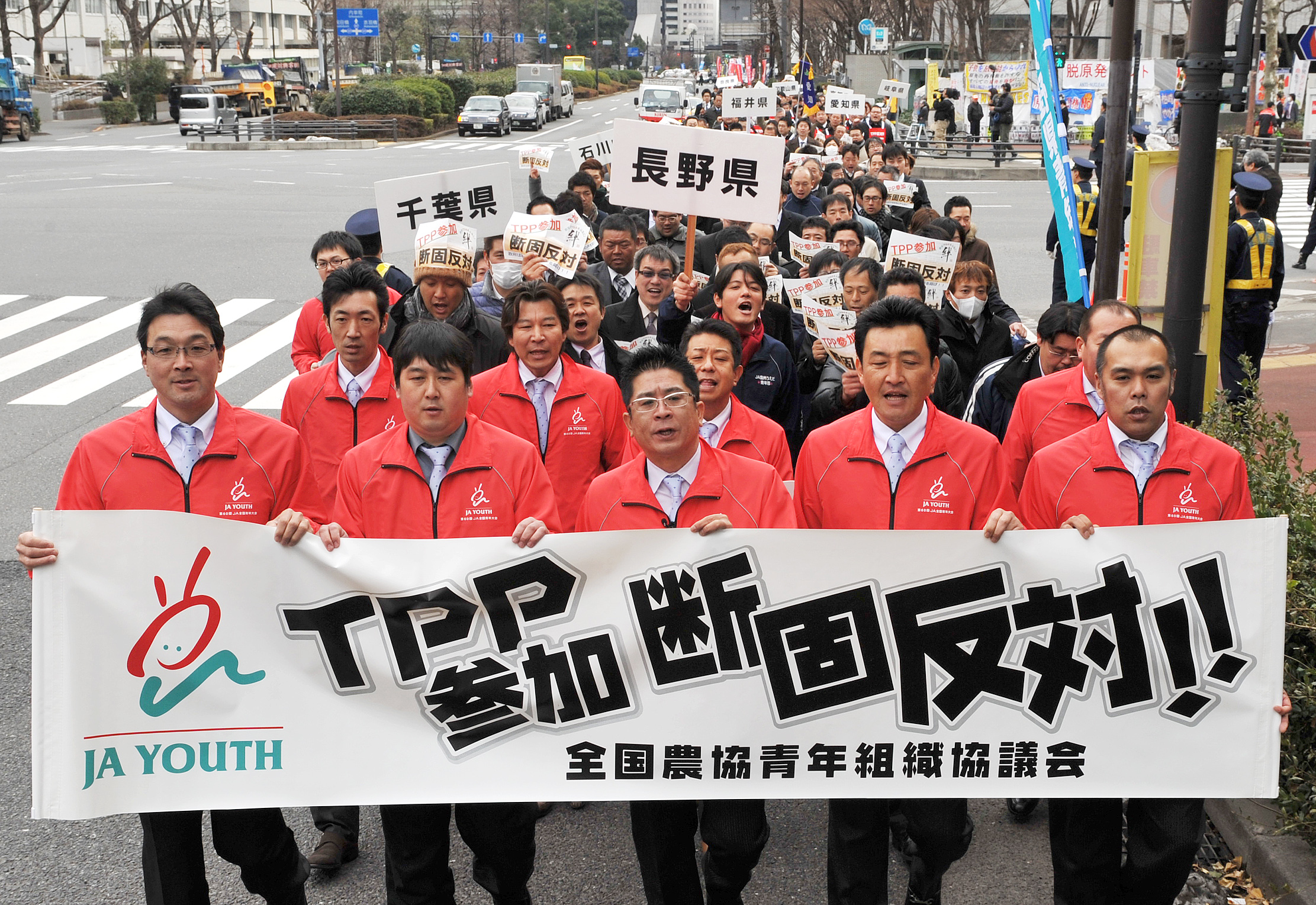Rice import scandal may ignite TPP spat in Japan
Nikkei Asian Review | 17 September 2016
Rice import scandal may ignite TPP spat in Japan
TOKYO — An official admission that importers and wholesalers may have been circumventing a government program designed to protect domestic farmers by controlling prices for imported rice could have a negative impact on upcoming Diet discussions regarding the Trans-Pacific Partnership trade deal.
Under the so-called SBS, or simultaneous buy and sell, system used for a portion of Japan’s rice imports, an importer and a wholesaler pair up and put in their bids at once. The importer names the price at which it is willing to sell foreign rice to the government, and the wholesaler specifies the price it would pay to buy the rice. Prices are artificially inflated to prevent cheap foreign rice from impacting domestic prices. The auction system is allowed under the Uruguay round of multilateral trade talks, which ended in 1993.
In a Friday news conference after a cabinet meeting, Agriculture Minister Yuji Yamamoto revealed a possibility that auction participants may have employed a shady scheme to sell rice at lower prices than the prices they bid through the government program.
Importers purportedly have been paying rebates to wholesalers under the name of "adjustment." With this payment, wholesalers could make profits even if they sold imported rice at a lower price than what they paid to the government. Some suggest that was exactly what happened in some cases.
If confirmed, this is a damaging blow to the agriculture ministry’s efforts to convince Japanese rice farmers that they have nothing to fear from the TPP. If Japan ratifies the trade pact, the country will have to increase annual rice imports under the SBS mechanism by as much as 78,000 tons, from the current 100,000 tons. The ministry has told Japanese farmers that under the SBS system, imported rice is sold at similar prices as domestic rice.
In the news conference, Yamamoto admitted that some agricultural ministry personnel knew about the "adjustments" at least two years ago.
The realization that they have been lied to is certain to make farmers more resistant to the TPP. The scandal likely will also be used by opposition parties to attack the government’s efforts to push through the trade deal in the extraordinary Diet session this autumn.






